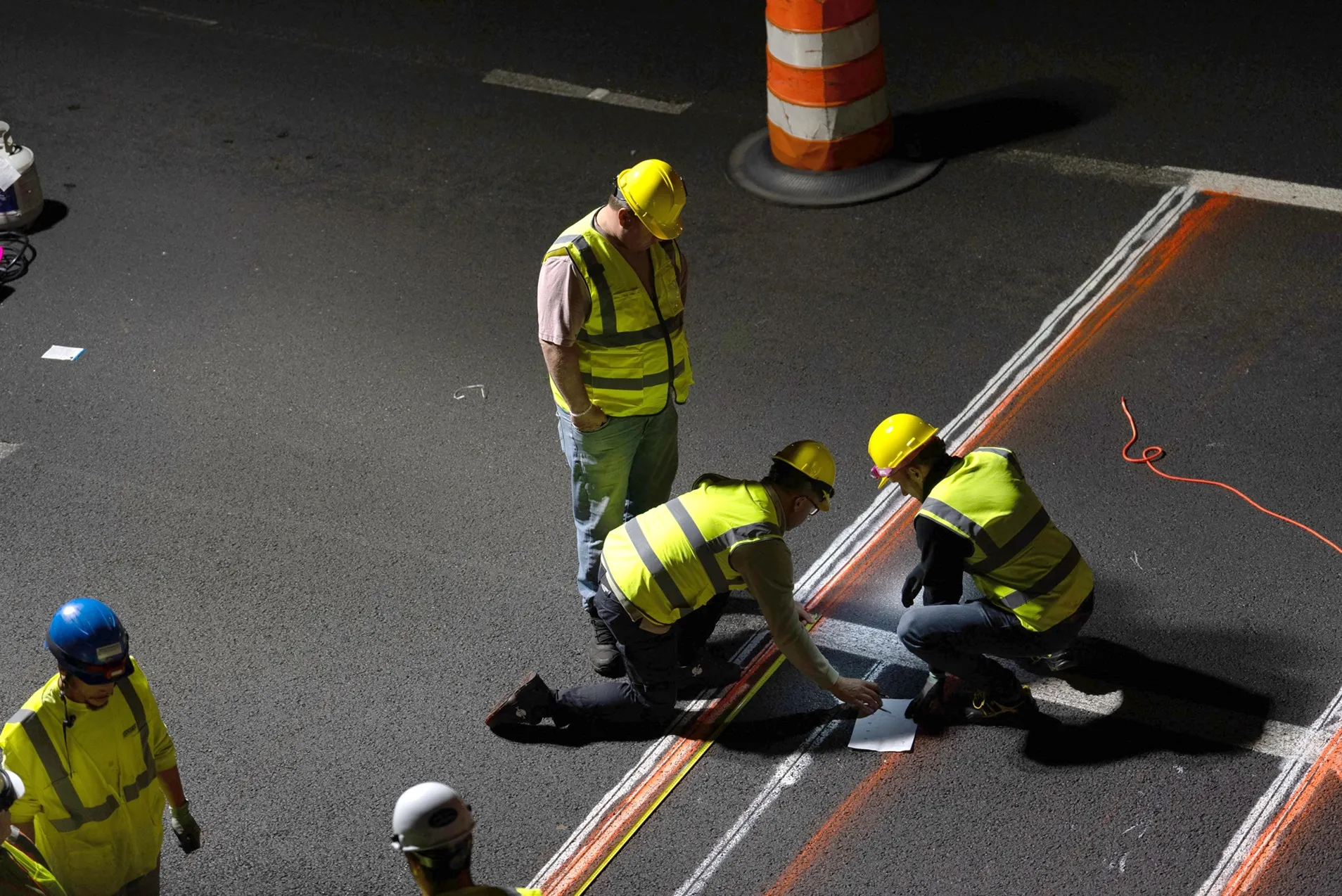
Kistler is to install what it says is the largest digital Weigh In Motion (WiM) site in the world, with 40 Lineas digital quartz sensors covering 10 traffic lanes.
The company is carrying out the work for Rhode Island Department of Transportation (RIDoT) to protect the structural health of Washington Bridge in the city of Providence. Rhode Island is the smallest state by area in the US.
Currently, the north span of the Washington Bridge is being removed and a new span is planned. To keep traffic moving during the north span restoration project, two traffic lanes were added to the south span.
Kistler says the load rating on the south span is adequate, but installing its structural health monitoring (SHM) solution means RIDoT will be able to evaluate in real time whether the additional traffic load is having an adverse impact.
“Bridges talk to us,” observes JT Kirkpatrick, Kistler head of sales, traffic solutions.
“We have the ability to hear and interpret every sound, even nearly inaudible sounds, emitted from a bridge that signal structural distress. This will enable us to work with RIDoT to proactively monitor the bridge’s structural health in real-time so they can take action to preserve this vital structure.”
WiM sensors are placed just under the surface of the bridge’s roadway, and the system also includes charge amplifiers to condition electrical signals from the sensors, data loggers to process data in real time and LPR cameras to identify trucks by their class size and monitor for overweight wheel, axle and gross vehicle weight (GVW) loads.
The sensor-based SHM solution will enable RIDoT to perform predictive analyses and more timely preventative maintenance, Kistler insists.
Measuring equipment — accelerometers, strain gauges, temperature sensors, inclinometers and a meteorology station — will measure, collect and interpret bridge health data.









